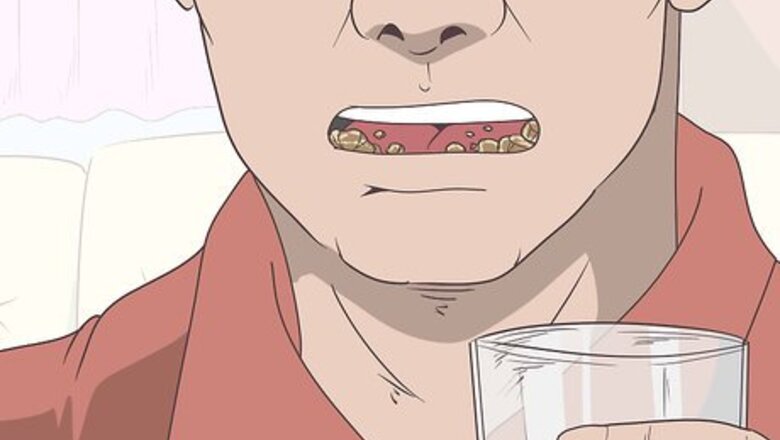
views
Changing Your Eating and Drinking Habits
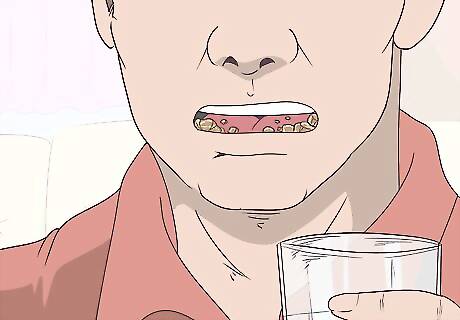
Consume food and drink slowly. One of the most effective ways to keep yourself from swallowing air is to eat your food and drink beverages slowly. Try to take 3 to 5 seconds for each bite and space out your sips. Relax while you are eating, as stress can cause you to eat food too quickly. Chewing your food fully before swallowing will also help keep air out when you swallow. Avoid straws, if possible. They will make you drink faster than you should, and can pull air up with them.
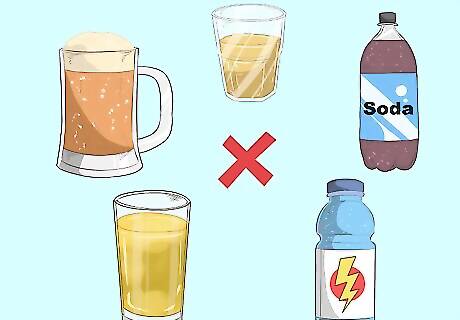
Stay away from carbonation. Carbonated beverages contain carbon dioxide, which is a major component of air. Drinking them will be similar to drinking a great deal of air all at once. According to board certified pulmonologist Ni-Cheng Liang, MD, if your goal is to avoid burping, this is one of the most important steps you can take. Beer and sparkling wine, while not artificially carbonated, are also major culprits for aerophagia. If you suspect you’ve swallowed carbonated air, pulmonologist Ni-Cheng Liang says to “remain upright…because that will enable the gas bubbles to rise to the top of your stomach, bringing them closer to your food pipe so that they can come out in the form of a burp.”
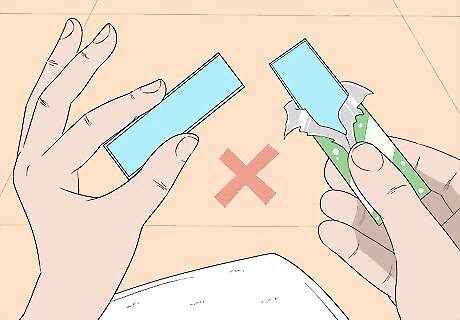
Avoid chewing gum. As you chew gum, you swallow air along with it, particularly if you open your mouth as you are chewing gum. This is an easy way for air to enter your stomach and esophagus. Other chewy foods and candy, like fruit leathers or caramel, will cause you to swallow air as well.
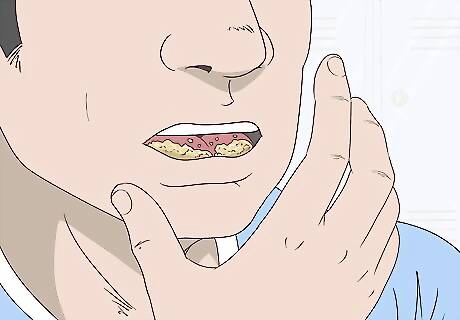
Try not to talk while you are chewing. As you talk, you are allowing air into your mouth that will go to your stomach when you swallow. Finish each bite before you begin to speak, and don’t open your mouth as you are eating. If you are asked a question while you are chewing, wait until you have finished your bite before responding.
Improving Your Health
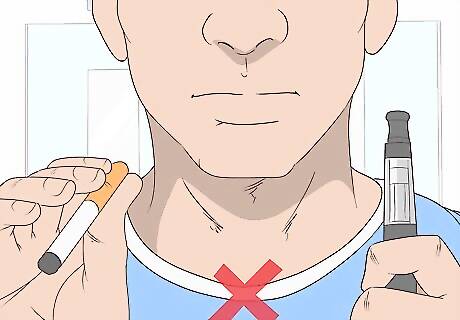
Stop smoking or vaping. Along with all of the other health benefits associated with quitting tobacco, you can prevent yourself from swallowing air by avoiding smoking altogether. Each inhale of smoke or vapor from a cigarette or vaping device will allow air to enter your esophagus and stomach. Smoking products other than tobacco can also cause you to swallow air. It is the smoking mechanic, rather than the substance, that causes aerophagia.
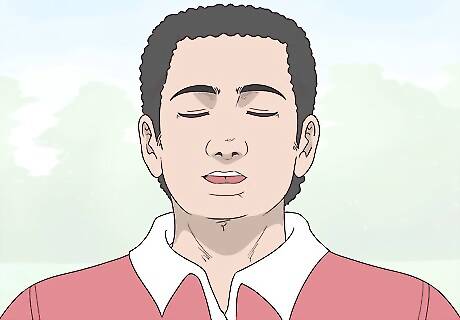
Take deep breaths to stop hyperventilating. If you tend to hyperventilate when you are nervous, take steps to slow your breathing in order to avoid accidentally swallowing air. Breathe from your diaphragm in order to have more control over the size and duration of your breaths. There are also ways to prevent hyperventilation, like exercising more frequently and breathing through your nose.
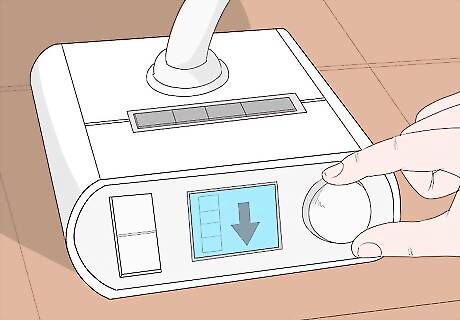
Adjust your CPAP machine if you use one. Check the pressure, as it may be too high or too low, which can lead to hyperventilation. It is also possible that you need a mouth breathing apparatus rather than the standard nose one. If you think the pressure is too strong, ask your doctor if it is possible to lower it. Like with CPAP machines, pulmonologist Ni-Cheng Liang, MD says, “sometimes people swallow air inadvertently when they are using supplemental oxygen. There's a constant airflow there and then they can't help it, [especially] if they're using the supplemental oxygen while they're eating and swallowing.”
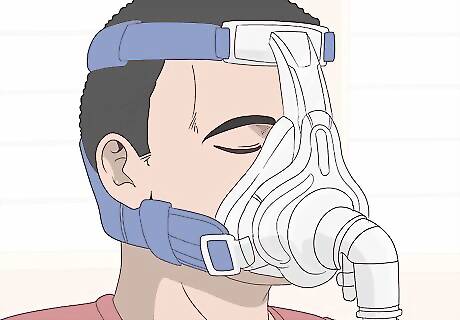
Check your dentures for a loose fit if you wear them. If your dentures fit loosely, adjust them to fit your mouth. Any gaps in the teeth can leave room for air to enter your mouth and get swallowed unintentionally. You may have to get a new size if you have had a sudden weight change.












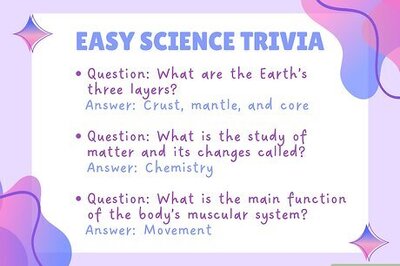







Comments
0 comment